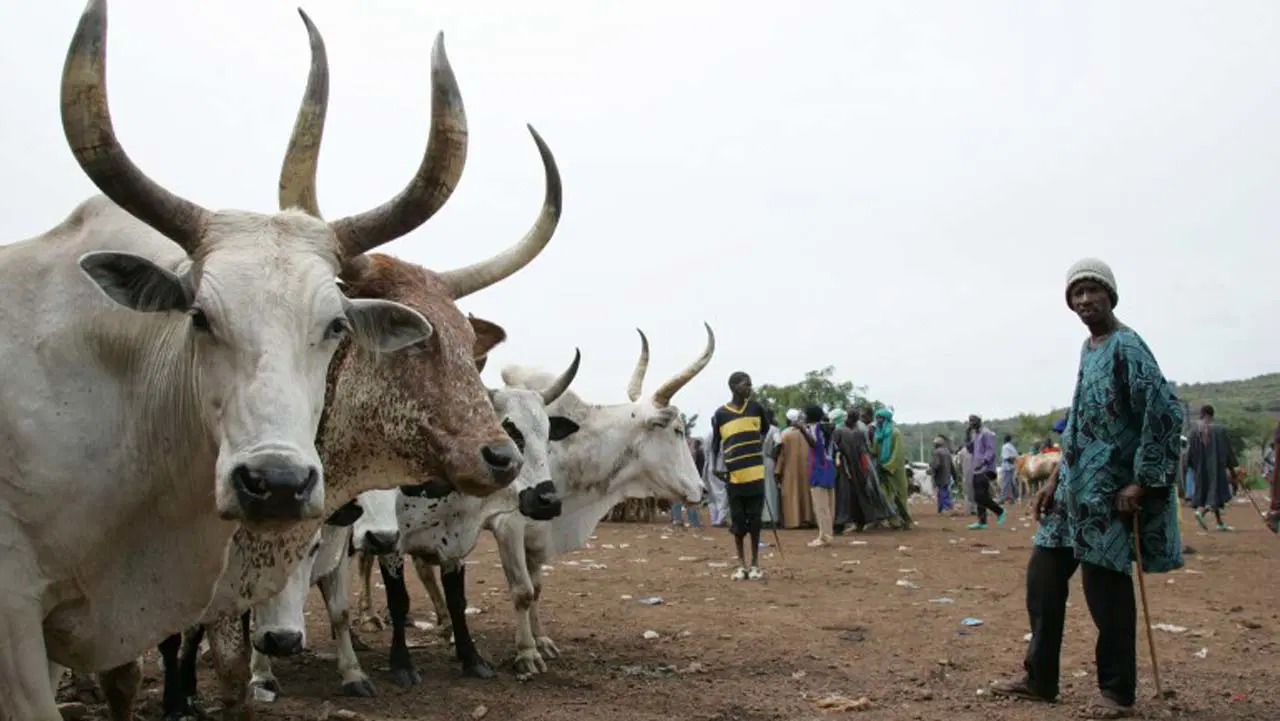President Bola Tinubu is intensifying efforts to reform Nigeria’s livestock agriculture sector by appointing Alhaji Idi Mukhtar as the Minister for Livestock Development. As the Chairman of the livestock reform committee, with Professor Attahiru Jega as Co-Chairman, Tinubu aims to address the significant livestock product import bills and enhance local production to boost employment and attract foreign investment.
Objectives of the Reform
At a recent two-day consultative workshop at the State House Conference Centre in Abuja, President Tinubu emphasized the need to reduce Nigeria’s dependence on imports, noting that the country spends approximately $1.5 billion annually on dairy imports. He aims to transition the livestock sector from its current subsistence practices to a more commercial and industrial approach that contributes meaningfully to the nation’s gross domestic product (GDP).
Existing Challenges
Despite the potential for livestock farming in Nigeria, the country struggles to meet its own demands, producing far below its national needs. Furthermore, the sector is embroiled in issues of insecurity, primarily due to conflicts involving armed herdsmen, particularly in regions such as Benue, Plateau, Taraba, and Southern Kaduna. These conflicts have led to violence, including killings and kidnappings, raising concerns about how the proposed reforms will address these critical security issues.
Critics argue that the creation of a separate ministry and appointment of a minister may not be sufficient to tackle the deeply rooted challenges within the sector. Concerns have been raised that the reforms must also consider the context of insecurity and ensure that the livelihoods of local communities are not compromised.
Recommendations for Collaboration
The Chairman of the Nigerian Governors Forum (NGF), Abdulrahman Abdulrazak, has expressed support for the reforms. However, there is a call for President Tinubu to engage with all 36 governors rather than relying solely on the views of the NGF chairman. It’s crucial for the president to outline a comprehensive reform package that highlights the benefits to the states and their populations to foster broader acceptance and collaboration.
Inclusivity in Reforms
Experts caution that any livestock reform plan that advocates for open grazing or the forceful seizure of land for herdsmen will likely face strong resistance. It’s essential for the reforms to be inclusive, recognizing that livestock farming is not confined to any single ethnic group. Successful reform should attract diverse stakeholders and investors rather than following an ethnic appeasement model that has previously sparked resistance.
Conclusion
As President Tinubu embarks on this journey to reform the livestock sector, it is imperative to address the multifaceted challenges, particularly the intertwined issues of security and community rights. Engaging in inclusive dialogue and collaboration with all relevant stakeholders will be crucial for the success of these reforms and the sustainable development of Nigeria’s livestock agriculture sector.

